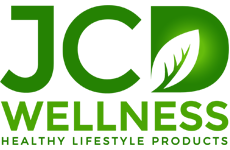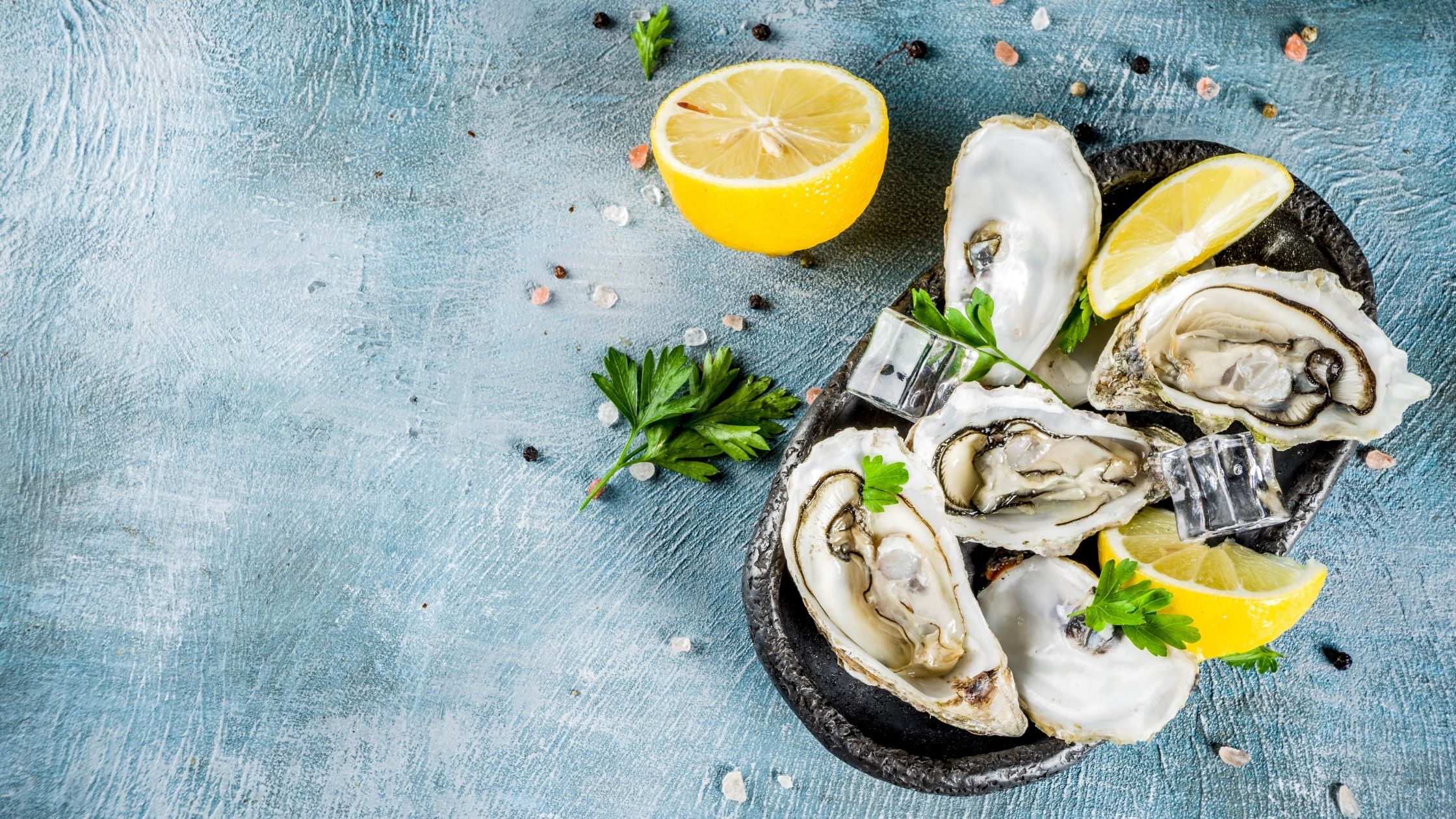Do you like oysters? Ingest them and you will do a favor to your immune system.
Did you know that including a healthy amount of zinc in your diet is associated with an improved immune system and faster wound healing? The benefits of getting enough zinc don't stop there.
Research has also found that zinc may help in these situations:
Shortening the duration of colds. When taking zinc as an over-the-counter supplement, it reduced the severity and duration of colds in a meta-analysis published in the Journal of Family Practice.
Ward off heart disease. In a preliminary lab study published in July 2015 in the Journal of Biological Chemistry, researchers found that zinc may play an important role in heart rhythm regulation — a potential advance in fighting heart failure linked to arrhythmias. However, scientists have used cardiac tissue taken from sheep hearts when observing these benefits, so more research is needed in humans before it is clear that eating zinc-containing foods will lead to these results for people.
Hypothyroidism treatment. Researchers have observed that zinc positively affects thyroid function among a small group of overweight women with hypothyroidism, according to a study published in March 2015 in the Journal of the American College of Nutrition.
Improving eye health. Specifically, supplemental zinc may help slow the progression of age-related macular degeneration, according to the National Institutes of Health (NIH).
Support wound healing. As mentioned, zinc may aid wound healing by reducing inflammation and activating immune cells in the area of injury, according to research reported in an article published in January 2018 in Nutrients.
Could adding these foods to my diet help prevent diseases like the coronavirus?
Another hot topic: Can zinc protect against the novel coronavirus or COVID-19? The short answer is maybe. Although there is no research on the two, the National Institutes of Health notes that zinc in general has immune-boosting properties.


